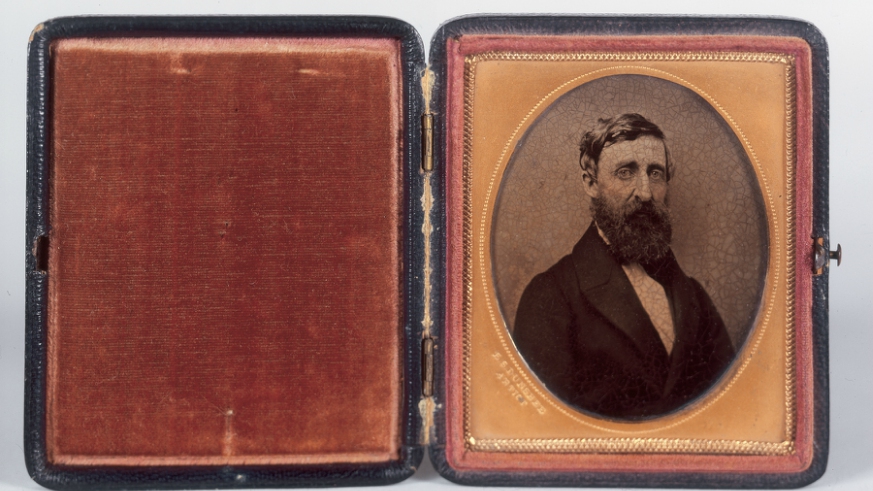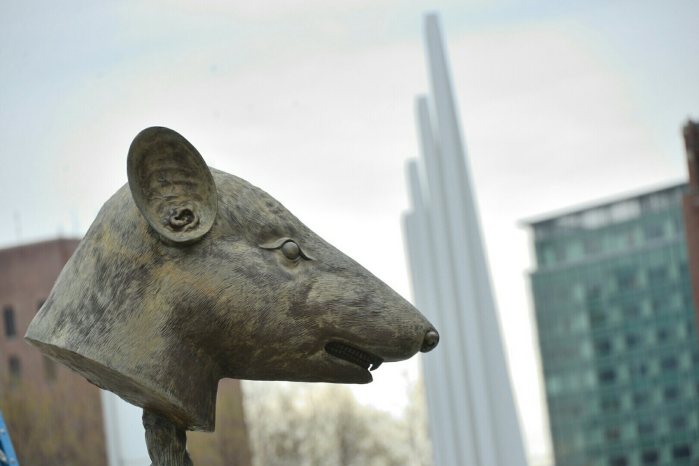Capping off a yearlong celebration of Henry David Thoreau’s 200th birthday, the Concord Museum debuts its new exhibit, “The Ever New Self: Thoreau and His Journal,” this fall.
A combination of the world’s two largest collections featuring Thoreau artifacts and manuscripts, the venture is a joint exhibit between the Morgan Library & Museum in New York City and the Concord Museum. The later houses a variety of artifacts related to the famed Bay State writer, including the very desk where he wrote groundbreaking literature and his equally expounding journals.
Thoreau’s ideas and immersion in the natural world is widely regarded as the birth of the modern conservation movement via his iconic “Walden,” which espoused simple living and condemned development. His essays, such as “Civil Disobedience,” promoting action against unjust laws, showcased ideas of social activism.
However, it’s his journals that bring together the many avenues that sparked his keen intellect. Thoreau was an individualist, a Transcendentalist, a phenologist, an abolitionist, an essayist and an activist — simply, his lengthy journals bring to life one of America’s greatest “modern day” thinkers.
“Scholars have returned to these journals and keep doing so, even today,” says David F. Wood, Concord Museum’s curator and the author of “An Observant Eye: The Thoreau Collection at the Concord Museum.” “This is the place to find all these separate Henrys. The journals help compartmentalize Henry David Thoreau, which is impossible in a way. He was always up to so many different things. But it helps us make sense of who he was and what he did.”
One thing Thoreau wasn’t, he wasn’t a grandstander. The exhibit has both photos — there are only two — which Thoreau sat for during his short, but remarkable life. Contrary to the 21st century habit of endless selfies and countless social media posts on how we feel and what we achieve, he was not self-indulgent or trivial.
“He’s not chatting about the weather and his feelings,” says Wood. “It’s frustrating in a way, you wish he would talk about how his day was going. One entry simply says, ‘Walden published.’ That’s it.”
Yet, Thoreau easily fits today’s intellectual progressive ideals of preserving nature and social equality.[tab]
“He was an activist, but he doesn’t write about it in his journal as something other than an idea,” Woods adds. “But he didn’t put ideas on a stage: He didn’t preach.”
If you go:
Sept. 29–Jan. 21, 2018, Concord Museum, 200 Lexington Rd, Concord., concordmuseum.org
























